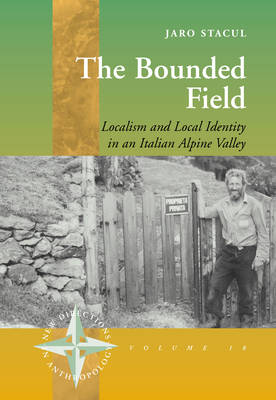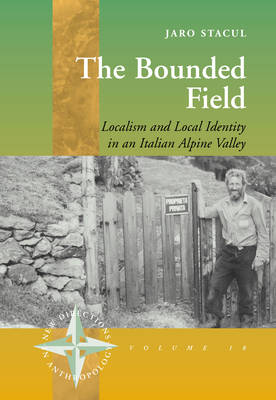
- Afhalen na 1 uur in een winkel met voorraad
- Gratis thuislevering in België vanaf € 30
- Ruim aanbod met 7 miljoen producten
- Afhalen na 1 uur in een winkel met voorraad
- Gratis thuislevering in België vanaf € 30
- Ruim aanbod met 7 miljoen producten
Omschrijving
Regionalism is one of the most debated issues in contemporary western Europe. Yet why the region, rather than the nation state, can have such a strong appeal for the construction of social and political identity remains largely unexplored. Drawing on data collected in the mountainous Trentino region of northern Italy, the author investigates how ideas about village boundaries and private property form the background against which regionalist ideologies are understood. In suggesting that ideas about regionalism largely reflect views about private property, he provides an alternative to theories of nationalism that overlook the articulation between official ideologies and discourses at the local level.
Specificaties
Betrokkenen
- Auteur(s):
- Uitgeverij:
Inhoud
- Aantal bladzijden:
- 224
- Taal:
- Engels
- Reeks:
- Reeksnummer:
- nr. 18
Eigenschappen
- Productcode (EAN):
- 9781571814630
- Verschijningsdatum:
- 1/11/2003
- Uitvoering:
- Hardcover
- Formaat:
- Genaaid
- Afmetingen:
- 152 mm x 229 mm
- Gewicht:
- 485 g

Alleen bij Standaard Boekhandel
Beoordelingen
We publiceren alleen reviews die voldoen aan de voorwaarden voor reviews. Bekijk onze voorwaarden voor reviews.











